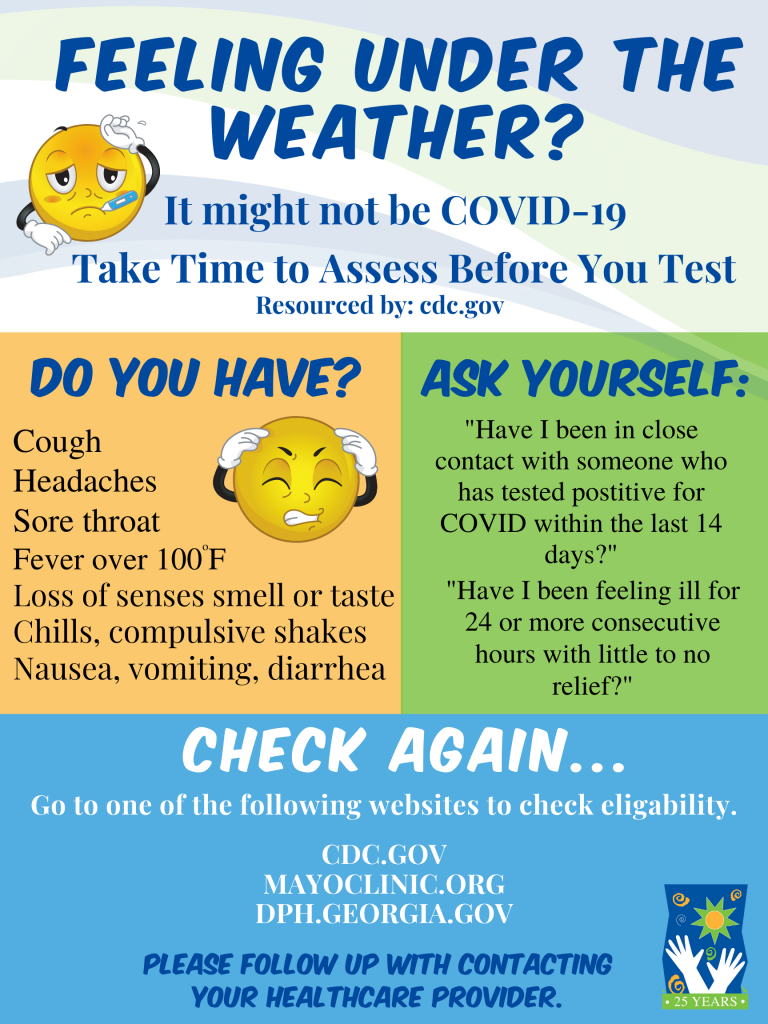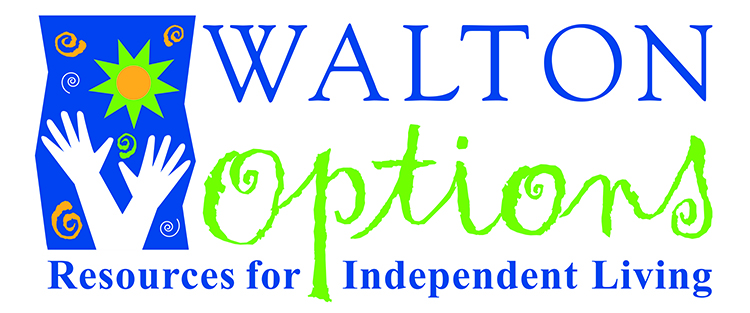Before You Go to A Nursing Home
Now that nursing homes across the country are beginning to open their doors for visitors again, we hope that the friends and family of nursing home patients take precautions when visiting.
Firstly, we would like you to know that there are resources within your community that will help your loved one transition back into the community if they choose. There are also resources to help you transition your loved one back home. Nursing homes are not the only options for ill or elderly persons. In many cases, the ability to be home among those you love helps to aid in healthier transitions and living.
Unfortunately, nursing homes are the most vulnerable places during these times of COVID-19. 2 in 5 COVID related deaths in the U.S. are from those within nursing homes. But why? Factors such as understaffing, PPE shortages, residents sharing rooms, transfers from hospitals, and more continually put patients in nursing homes at risk. Not only that but these factors, coupled with the ongoing issues with infection control, make the care facilities the breeding ground for both viral and bacterial diseases.
Now that nursing homes are slowly opening their doors; there are things that you should know before you go and keep in mind as you stay up-to-date with your loved one.
Before anything else, if you will be entering nursing homes, make sure that you have no symptoms of COVID.

If you have not been feeling well lately, recently had to take a COVID test, have just come from traveling, or even woke up feeling a little bit groggy, save that trip to a nursing home for another day. Even though you may not have COVID, those in nursing homes are more susceptible to catch those germs that may be clinging on to us. So we want you to be just as cautious when entering these spaces.
Some items to always have on hand when visiting nursing homes are your mask(s), hand sanitizer, and gloves. If you have a thinner mask, it may be a good idea to double up, ensuring that you and you, the person you are visiting, and those around you are safe from the spread of germs. Hand sanitizer is suitable for a quick wipe down. Still, it may also be a good idea to wash your hands as you enter and exit care facilities. For extra precaution, if you have access to them, wear gloves. However, change your gloves after every use and limit touching items such as your phone or hard surfaces.
We hope you keep in mind other factors as you venture out to visit loved ones in nursing homes:
- Bring something memorable to your loved one.
- Look out for signs of abuse.
- Ensure they have something—not provided by the facility–that they may use to communicate with you.
- Bring extra PPE for your loved one, so you can make sure they have the protection they need.
Family photos, blankets, and little trinkets are just a few things that remind those in nursing homes of home. Give them something that brings them comfort and joy.
Look for signs of abuse when entering a nursing home, especially if you have not talked to or seen that person in a while. If your loved one is acting differently from the last time you saw them, ask them what they have been doing, if they like their nurses, and if their needs are being met. We do not suggest that you dismiss their concerns.
You may want to make sure that your family member has access to a phone or device to contact you on and vice versa. This can make your loved one feel better that there will be no retaliation based on anything they tell you.
Lastly, if you have any extra supplies on hand such as hand sanitizer, tissues, masks, alcohol, and cleaning wipes, consider bringing a set to your loved one. Many nursing homes have limited resources or limit the resources that they extend to their patients. If possible label the items with the patients name and keep track of what you have brought and what has been used, during each visit.

